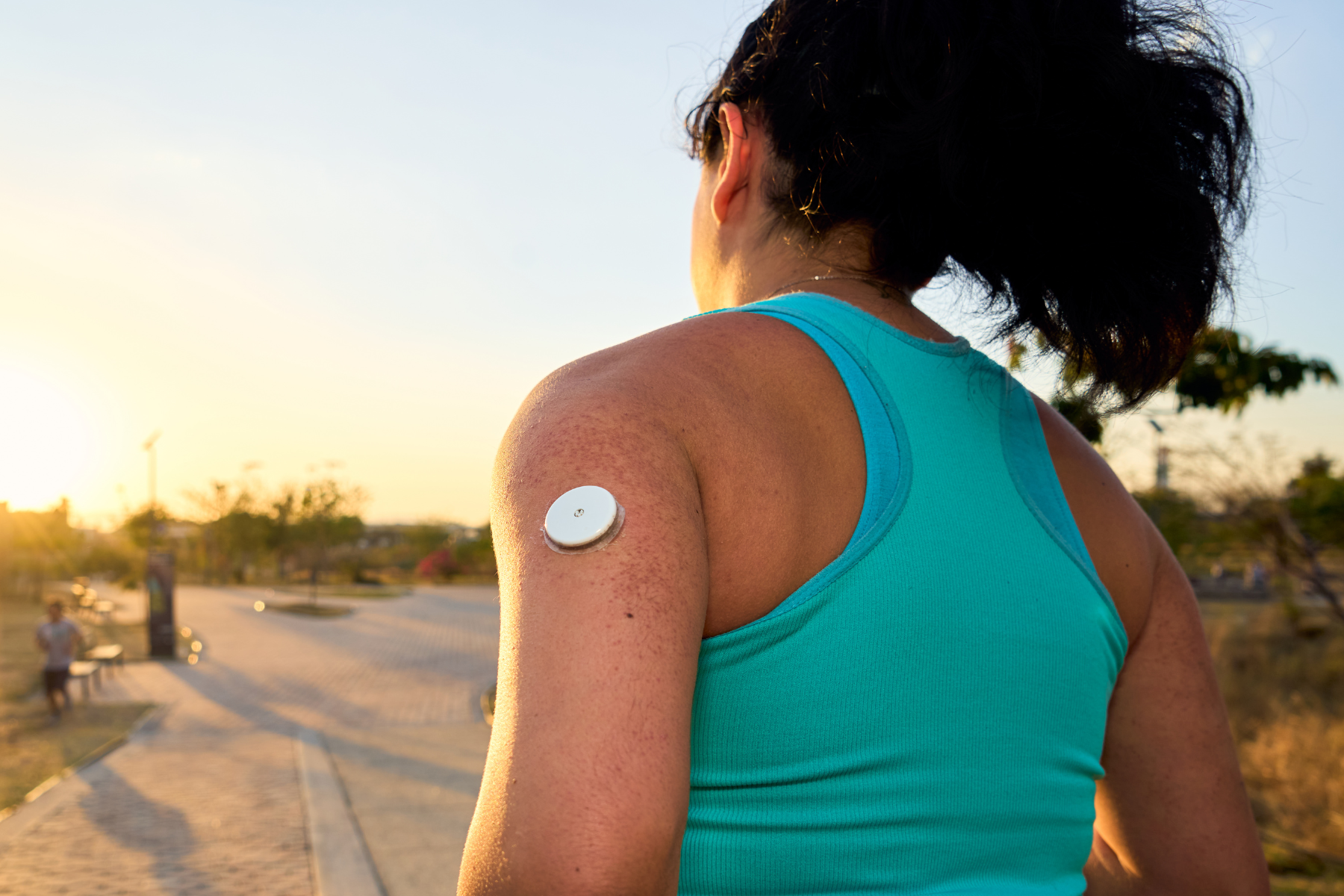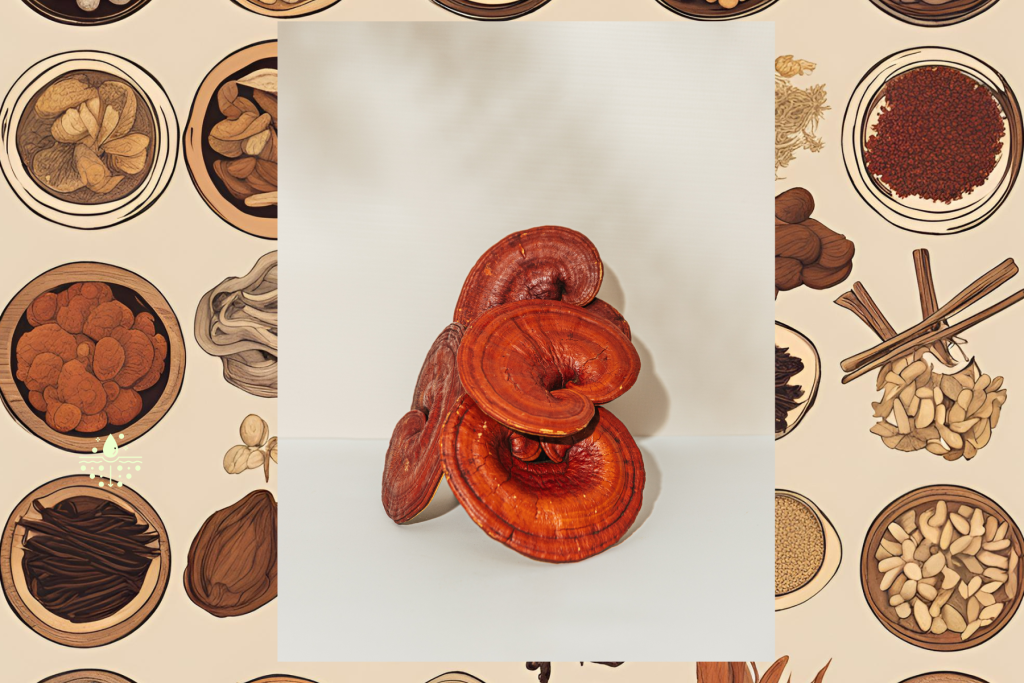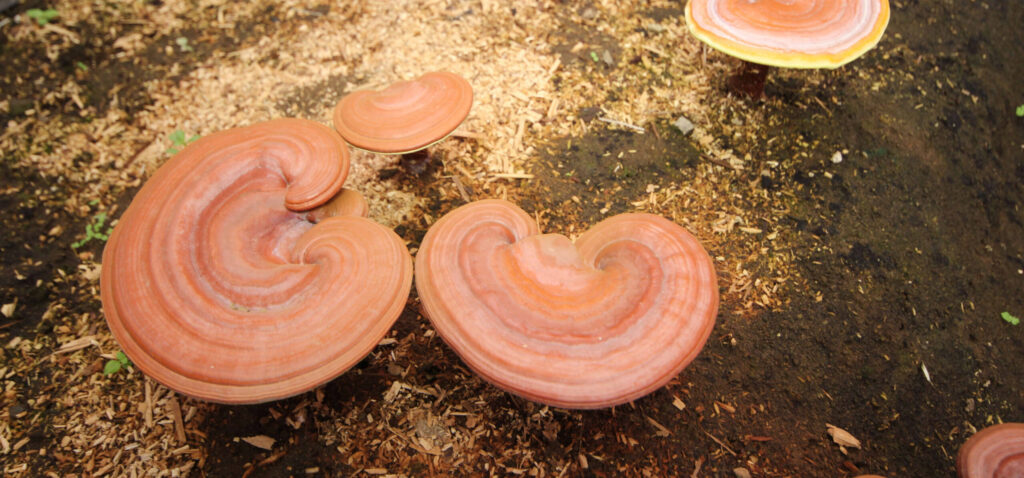November is Diabetes Awareness Month—a perfect time to pause, learn, and explore ways to manage diabetes naturally alongside conventional care. If you or someone you love lives with diabetes, you know the journey involves careful attention to blood sugar, lifestyle, and overall well-being. Today, let’s discover how a special mushroom called reishi (scientifically Ganoderma lucidum) might offer natural support on this path.
What Is Diabetes, Anyway?
Diabetes is a chronic metabolic disorder that affects how your body handles sugar (glucose), the main source of energy for your cells. When blood sugar levels are too high over time, it can lead to complications involving the heart, kidneys, nerves, and other organs. Managing diabetes means finding a balance so that your blood sugar stays in a healthy range—and that includes not only medical treatments but also lifestyle choices that nurture your body.
Meet Reishi: The “Mushroom of Immortality”
Reishi has been used for thousands of years in Traditional Chinese Medicine (TCM). Known as ling zhi in TCM, it’s often called the “mushroom of immortality” thanks to its impressive health benefits. Two of the categories of compounds that make reishi especially interesting to researchers today are its polysaccharides and triterpenoids—natural compounds thought to have powerful effects on blood sugar and inflammation.
What Does the Science Say About Reishi and Diabetes?
A recent scientific review summarized the many ways reishi might help combat diabetes and its complications. Here are some key highlights:
- Improving Glucose Metabolism
Reishi’s polysaccharides (long-chain sugars) can help your body use glucose more effectively. That means they may help lower blood sugar levels naturally by improving how your cells respond to insulin, the hormone that regulates sugar uptake. - Protecting Pancreatic Beta Cells
Your pancreas produces insulin through specialized cells called beta cells. In diabetes, these cells can become damaged or less effective. Compounds in reishi seem to protect these precious cells, helping maintain your body’s natural insulin production. - Anti-Inflammatory Effects
Chronic inflammation is a common underlying problem in diabetes, often worsening insulin resistance and complications. Reishi contains triterpenoids, such as ganoderic acids, which may reduce inflammation by inhibiting certain molecular pathways (think of calming an overactive immune response). - Fighting Diabetic Complications
Not only does reishi potentially help manage blood sugar, but it may also protect organs like the kidneys from damage caused by diabetes — a condition called diabetic nephropathy. This dual role makes reishi especially promising as a natural complement to diabetes care.
Why Consider Reishi for Blood Sugar Management?
Managing diabetes naturally doesn’t mean tossing out your medications — it’s about adding safe, thoughtful tools to your toolbox. Here’s why reishi could be a great companion on your diabetes journey:
- It works through multiple pathways, supporting blood sugar control and reducing harmful inflammation.
- It may protect against diabetes-related damage to organs like the kidneys and the pancreas.
- It generally has fewer side effects than many synthetic treatments.
- It can also support overall wellness, including boosting immunity and reducing stress, both important for people living with diabetes.
How to Incorporate Reishi into Your Routine
If you’re curious about trying reishi, here are a few friendly tips:
- Choose quality products: Look for a reputable brand that provide standardized extracts of Ganoderma lucidum. https://www.mikei.ca/our-story/why-mikei/
- Consult your healthcare provider: If you’re on diabetes medications, to avoid any unwanted interactions, you are best to talk with a qualified health professional.
- Combine with healthy lifestyle habits: Balanced meals, regular physical activity, and stress management are critical to success.
Words of Caution and Hope
While the research on reishi is promising, experts agree that more studies are needed to fully understand how its many compounds work together and the best ways to use it for diabetes. Reishi is not a magic cure but a potential ally to support your health naturally.
The journey with diabetes can sometimes feel overwhelming, but remember this: every small, positive choice you make adds up. Whether it’s a nourishing meal, a brisk walk, or exploring natural supports like reishi, you’re empowering yourself to take control of your well-being.
Celebrating Strength This Diabetes Awareness Month
November is a great reminder that living with diabetes requires courage, resilience, and ongoing support. By learning about tools like reishi, we broaden possibilities for healthier living.
Here’s to your health and hope this Diabetes Awareness Month!
References
Ganoderma lucidum: Multifaceted mechanisms to combat diabetes through polysaccharides and triterpenoids: A comprehensive review. PubMed










